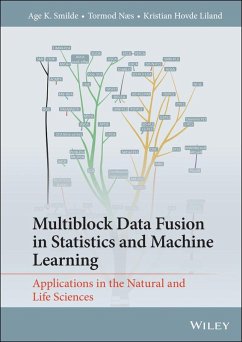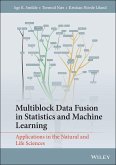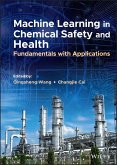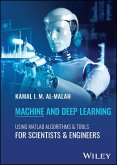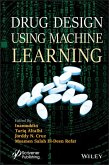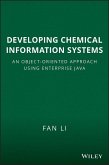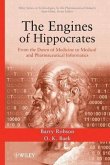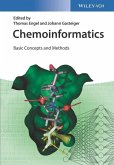Multiblock Data Fusion in Statistics and Machine Learning Explore the advantages and shortcomings of various forms of multiblock analysis, and the relationships between them, with this expert guide Arising out of fusion problems that exist in a variety of fields in the natural and life sciences, the methods available to fuse multiple data sets have expanded dramatically in recent years. Older methods, rooted in psychometrics and chemometrics, also exist. Multiblock Data Fusion in Statistics and Machine Learning: Applications in the Natural and Life Sciences is a detailed overview of all relevant multiblock data analysis methods for fusing multiple data sets. It focuses on methods based on components and latent variables, including both well-known and lesser-known methods with potential applications in different types of problems. Many of the included methods are illustrated by practical examples and are accompanied by a freely available R-package. The distinguished authors have created an accessible and useful guide to help readers fuse data, develop new data fusion models, discover how the involved algorithms and models work, and understand the advantages and shortcomings of various approaches. This book includes: * A thorough introduction to the different options available for the fusion of multiple data sets, including methods originating in psychometrics and chemometrics * Practical discussions of well-known and lesser-known methods with applications in a wide variety of data problems * Included, functional R-code for the application of many of the discussed methods Perfect for graduate students studying data analysis in the context of the natural and life sciences, including bioinformatics, sensometrics, and chemometrics, Multiblock Data Fusion in Statistics and Machine Learning: Applications in the Natural and Life Sciences is also an indispensable resource for developers and users of the results of multiblock methods.
Dieser Download kann aus rechtlichen Gründen nur mit Rechnungsadresse in A, B, BG, CY, CZ, D, DK, EW, E, FIN, F, GR, HR, H, IRL, I, LT, L, LR, M, NL, PL, P, R, S, SLO, SK ausgeliefert werden.

